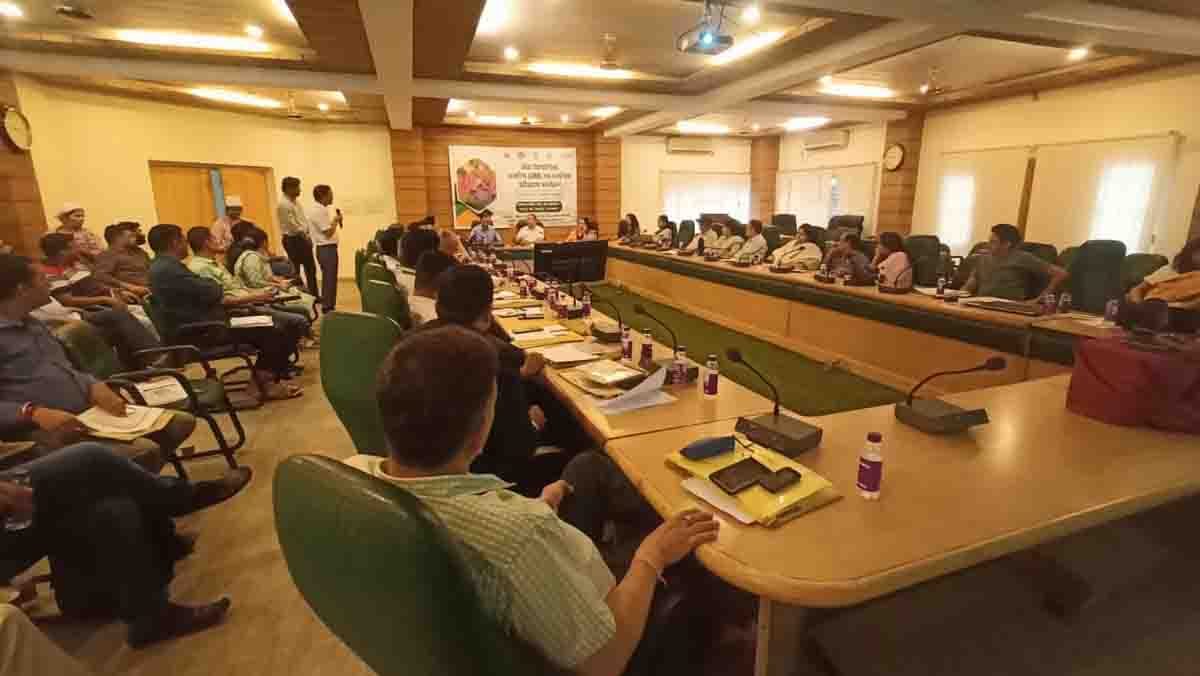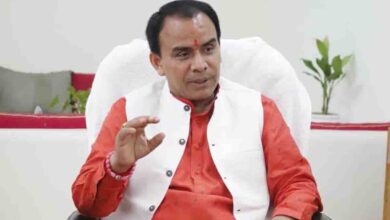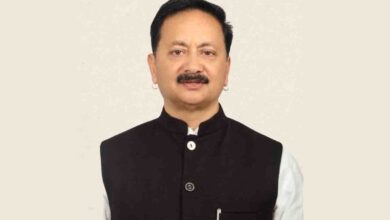WECD organises training programme on gender budgeting

Saturday, 18 MAY 2024 | PNS | DEHRADUN
The Women Empowerment and Child Development (WECD) department organised a two-day training programme on gender budgeting which concluded on Friday in Dehradun. The primary objective of this initiative was to promote gender budgeting by establishing a gender cell within all departments and ensuring sufficient budget allocation through gender-sensitive planning and budget preparation processes. As the nominated nodal department the WECD led discussions on the current status of schemes related to Gender Responsive Budgeting (GRB) and planning to formulate future action plans during the programme. The programme also covered topics such as gender-responsive budgeting, planning and the creation of guidelines for gender cell and gender budget statement formation.
Speaking on the occasion, the director of the WECD and the nodal officer for gender budgeting at the State level, Prashant Arya highlighted that the State’s progress is a collective effort involving coordination among departments at various levels. He emphasised the importance of comprehensive efforts from all departments for gender-responsive budgeting and planning. In order to advance the current gender-responsive budgeting status in the State, currently at 16.29 per cent, and to achieve improvements and targets by the upcoming financial year this training programme will also be conducted in three phases, he said.
Further, the State nodal officer of the WECD department Aarti Balodi emphasised the inception of the gender budget in the State back in 2007-08. She stressed the significance of gender-responsive budgeting and planning for the holistic advancement of women, it was highlighted that careful consideration should be given to gender issues before allocating budgets in all departmental plans. Additionally, the establishment of gender cells comprising four members in each department, including one woman officer, was deemed crucial. She underscored that gender budgeting, tailored to the specific needs of women, plays a critical role in the State’s development.






